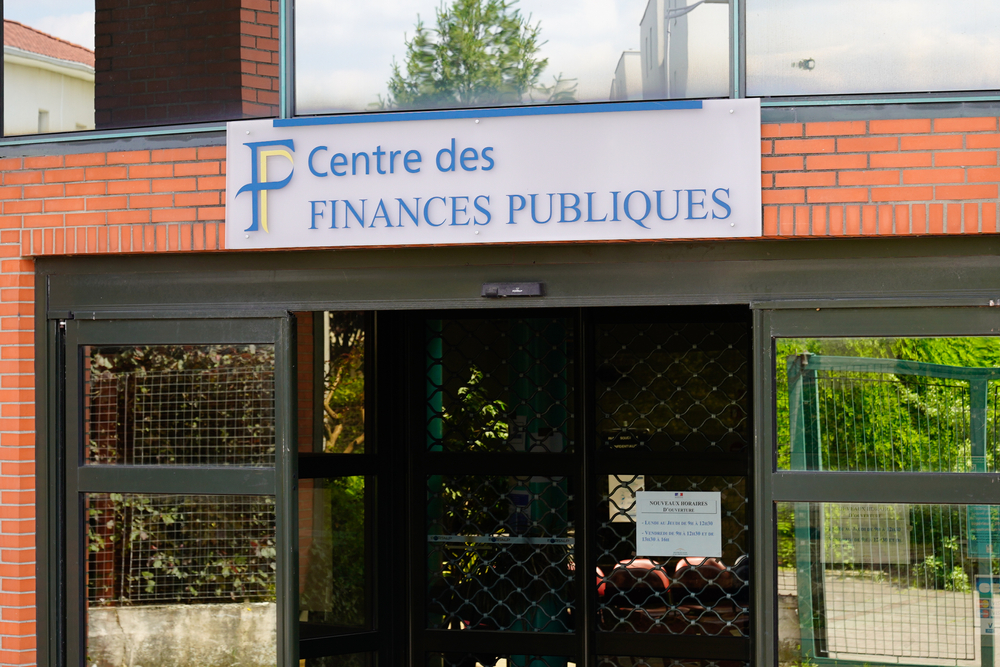No matter where you are workings in the world you’ll have to contend with paying tax.
The income tax system in France works differently to many countries and although and can seem daunting.
Here’s a quick guide to give you an overview of the French income tax system.
Who has to pay income tax?
– Permanent residents : If your primary residency is in France (regardless of how much time you spend in the country), you are considered a French tax resident. This is also true if you have significant assets in France.
– Temporary residents : You qualify as a resident if you work in France and if you spend more than 183 days a year in France (these do not have to be consecutive).
– Owners of a second home that is rented out: If you are a landlord you have to declare any revenue generated even if your primary residence is not in France. For non-residents, the income tax rate is 20 %. If you sell property in France, the tax rate is 19 % for EU citizens and 33 % for other nationalities.
How does income tax work?
Unlike many other countries like the UK and the US, income tax in France is not taken automatically from your monthly salary. In France tax has to be paid at the end of the year
Income tax rates in France depend on your annual net income and are split into brackets:
- Revenue less than €9,710 net: 0%
- Revenue between €9,710€ and €26,818 net: 14%
- Revenue between €26,818€ and €71,898 net: 30%
- Revenue between €71,898€ and €152,260 net: 41%
- Revenue of more than €152,260: 45%
If you look at the bottom of your payslip, you’ll see the running total (cumul) of your taxable income to declare at the end of the fiscal year.
For example, if the net taxable income at the bottom of your payslip is €50,450 here is how much income tax you’ll pay :
(26,818- 9,710) x 14% + (50 450 – 26 818) x 30% = €9,484,72
You pay income taxes in France on your total income and you need to declare your international earnings.
For example, if you’re living in France and do freelance work in UK, you’ll have to declare it.
Your tax rate can change according to your marital status and how many children you have.
You declare your taxable earnings as a household, so have to calculate how many “parts” are in your household and then divide your total income accordingly.
If you are married or partnered, you and your partner count as two parts, the first two children count as 0.5 parts and if you have three or more children, they count as a part.
For example: if your annual net taxable income is €80 000, but your wife doesn’t work and you have two children, you’ll be in the same tax bracket as if you were earning €26 666€ (=€80 000 (two parts+ two half parts)), with a tax rate of 14%.
If you’re unmarried and earn €80,000 net taxable income, you’ll have to pay a tax rate of 41%.
This means that you pay a lot less tax if you’re married or partnered with children than if you were single.
When are my taxes due?
This depends on whether you file your déclaration des revenus (tax return) online or by mail.
Any tax returns by mail need to be submitted by the 17th May. If you’re doing it online, the time limit is determined by where you live.
For departments 1-19 the cut-off is 23rd May, for departments 20-49 the cut-off is the 30th May, for departments 50 and upwards it is the 6th June. The limit for non-residents is the 23rd May.
Note: If your taxes are late you’ll have to pay a 10% penalty!
Double tax relief and tax treaties
Over 120 countries have a double tax treaty with France, including the UK and the US.
This is to avoid residents of the dual residents paying taxes twice.
If your home country does not have a double tax treaty with France, you can deduct any foreign taxes from your tax return as an expense.
Can I pay taxes online?
This is probably the easiest way to file your taxes.
The tax office will have already partially filled-in your return with some of your personal details like marital status, your salary, and your social security contributions.
Here’s a step-by-step guide:
1) Go to the impots.gouv website or use their handy app, impots.gouv (available for apple and android).
2) Use your tax number to log on to your account. If this is your first time paying your taxes online, you may have to use this number to create an account.
3) Read the information that has already been filled in and see if it’s accurate. Correct your details if they aren’t accurate. Don’t forget to fill in anything left blank, particularly any tax-deductible expenses, any extra income or tax credits that are applicable to your personal circumstances.
4) Send it off! You should receive a confirmation email once this is finished. Don’t worry though, you can still make corrections to your tax return up until the cut-off date.
How do I pay my taxes by mail?
If you’ve paid your taxes before you should receive a tax return in the mail that’s already partially filled-in with your personal details.
If it’s your first time filing a tax return or just haven’t received your form in the mail, you just need to download form 2042 from the impots.gouv website or collect one from your local tax office (you can find the nearest one here).
Follow our step-by-step guide to filling in your tax return:
1) If it’s partially filled in, check that this information is accurate and make corrections if not. Make sure all the necessary boxes are filled in!
2) Don’t forget to add any other sources of income (remember we’re talking about your total, international income), any tax deductible expenses or any tax credits (from things like alimony or charitable donations). Make sure you remember that some other sources of income need their own special tax forms (like property income, capital gains, overseas income, unearned income).
3) Send it off! The address for the tax authorities is on the first page of the form (centre des finances publiques), as well as the cut-off date. Simple!
NOTE: You do not pay anything when you send off your tax return! The tax authorities will send you a bill (avis d’imposition) once they have received your tax return, normally around August or even November if this is the first time that you’re paying taxes in France.
The payment cycle in normally in three different installments, but you can also pay monthly if you contact your local tax office.





